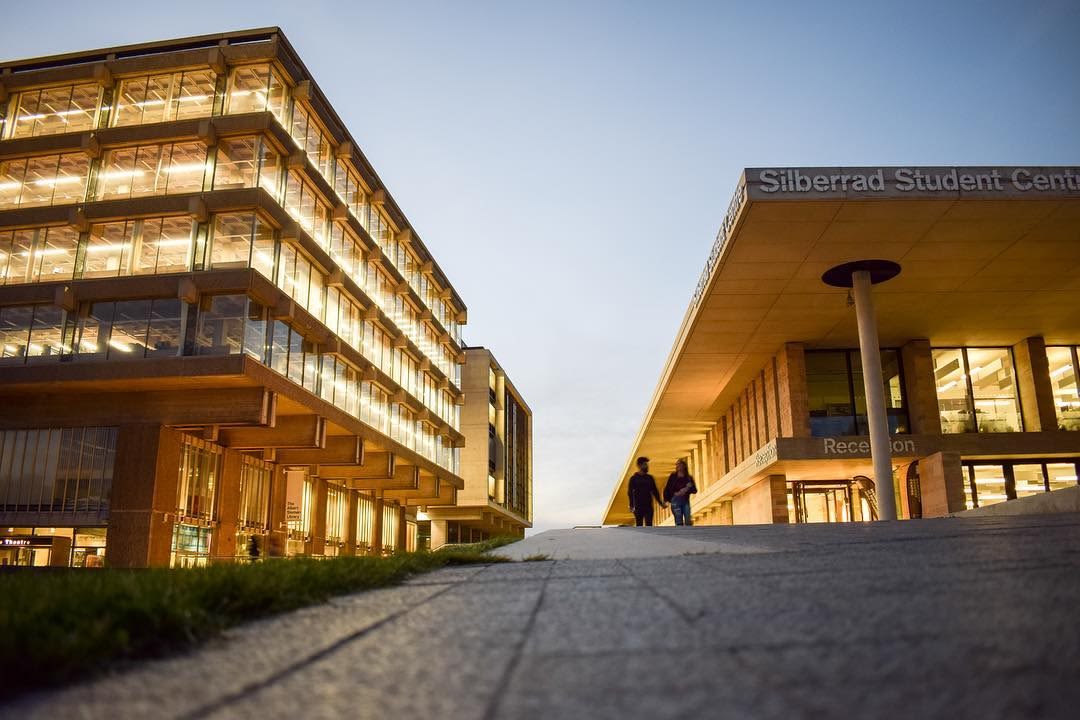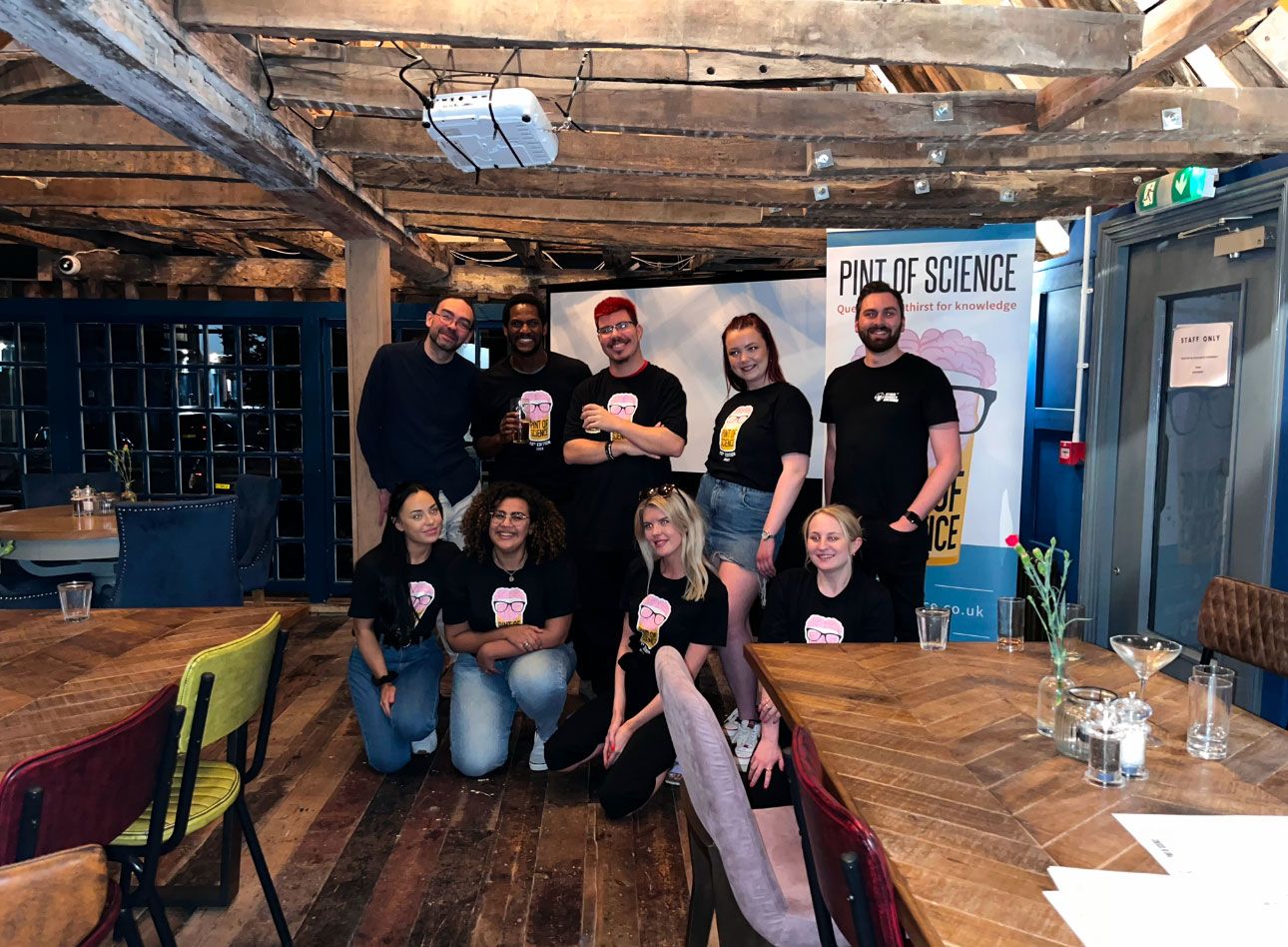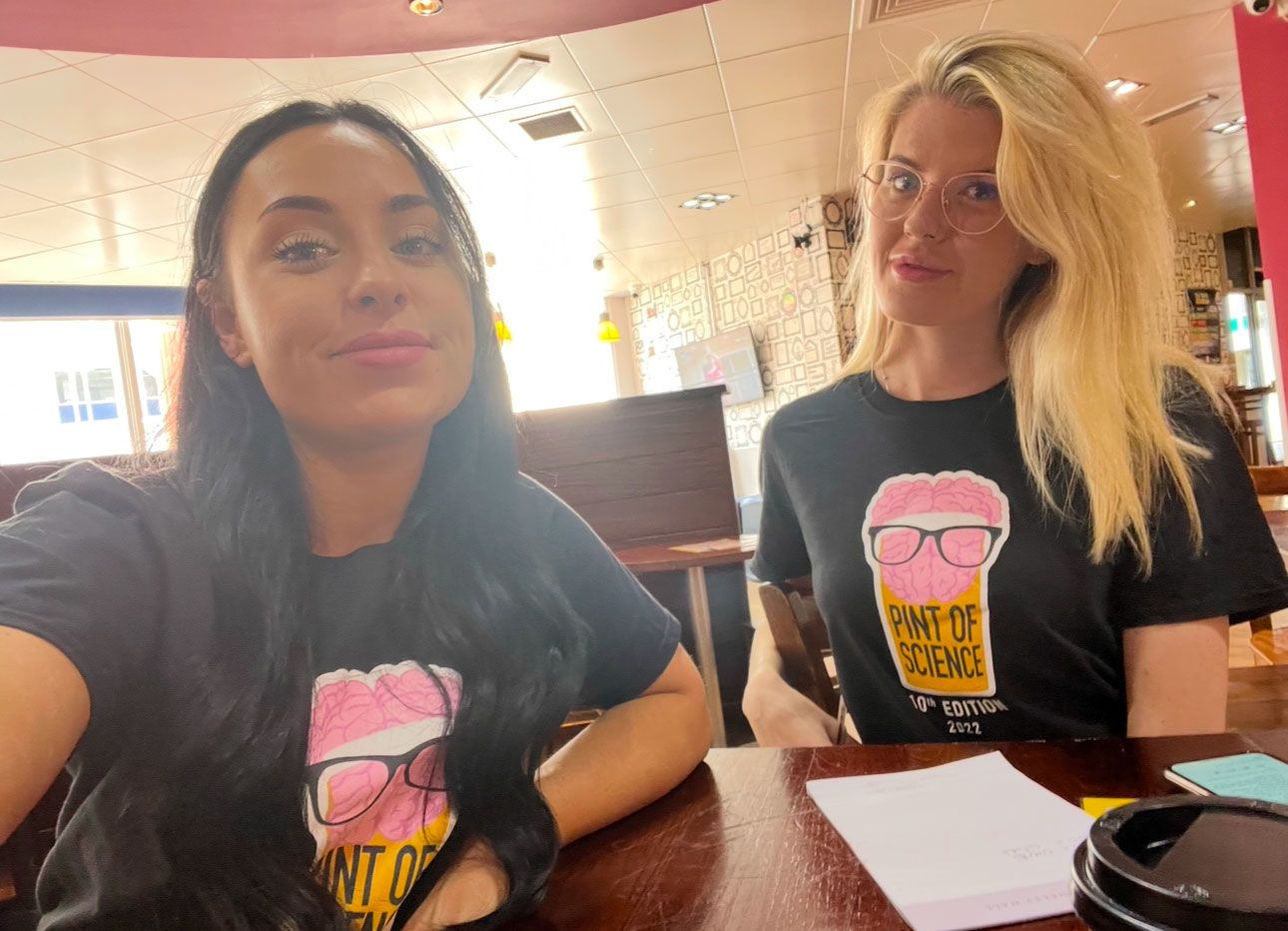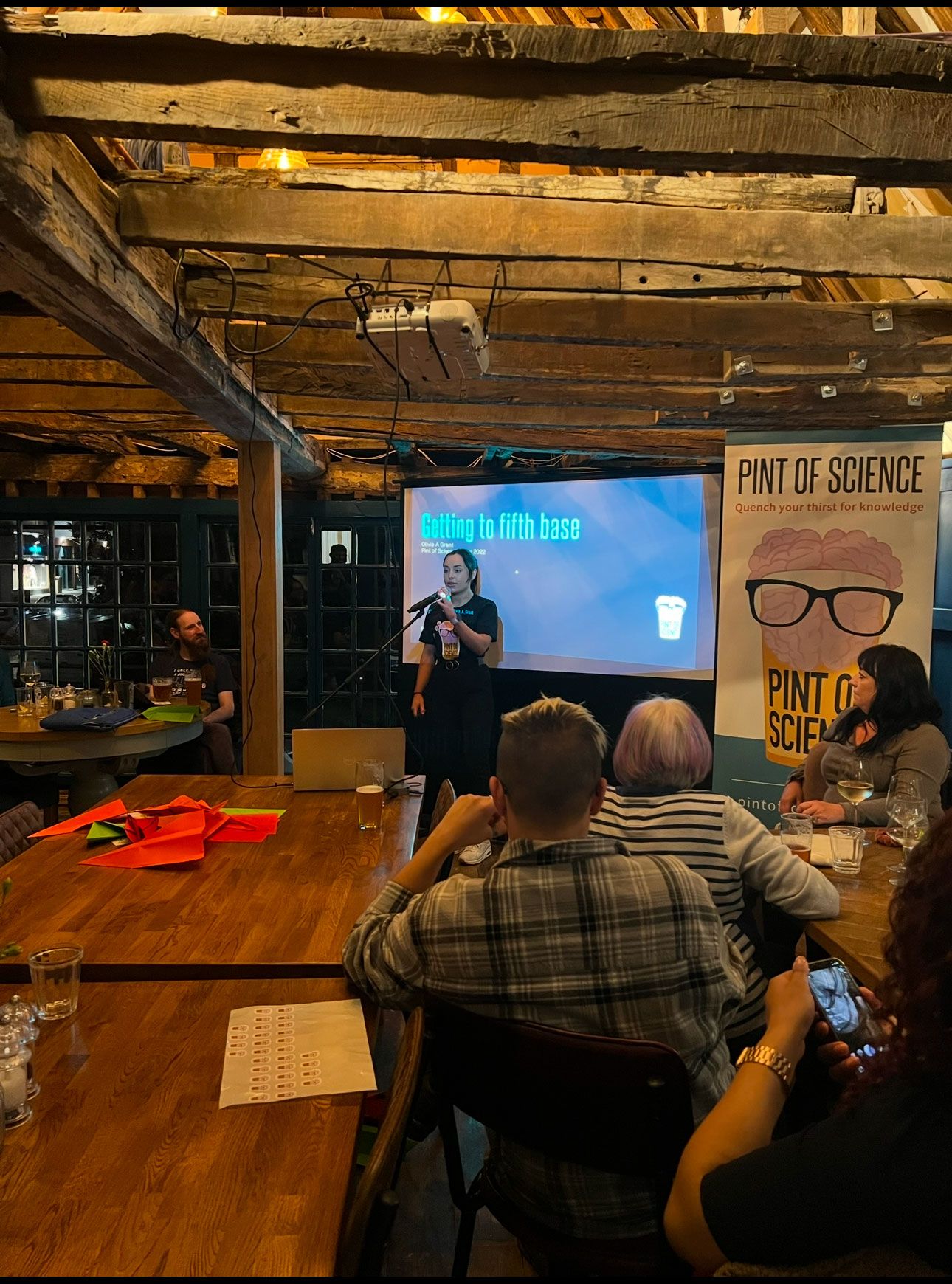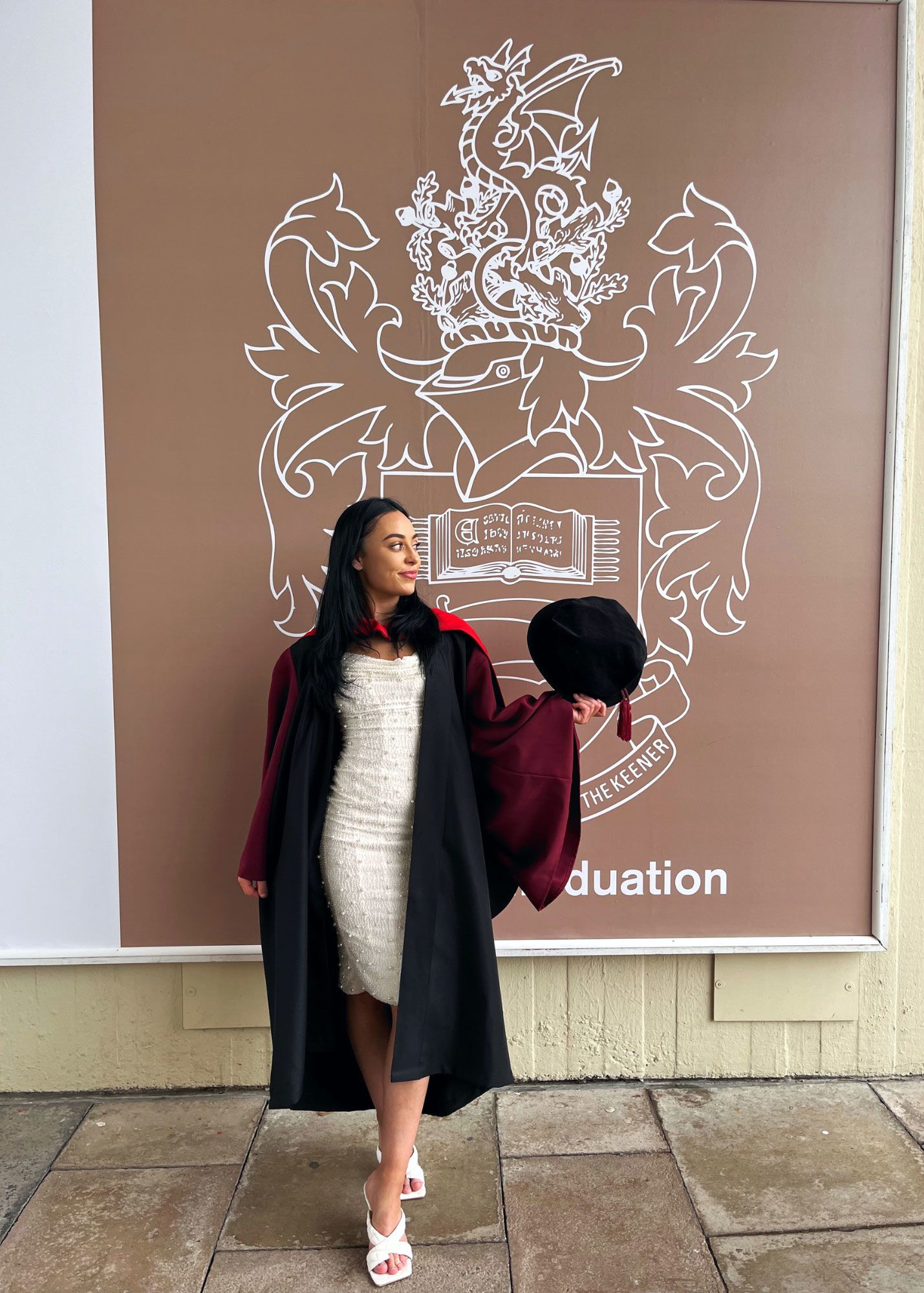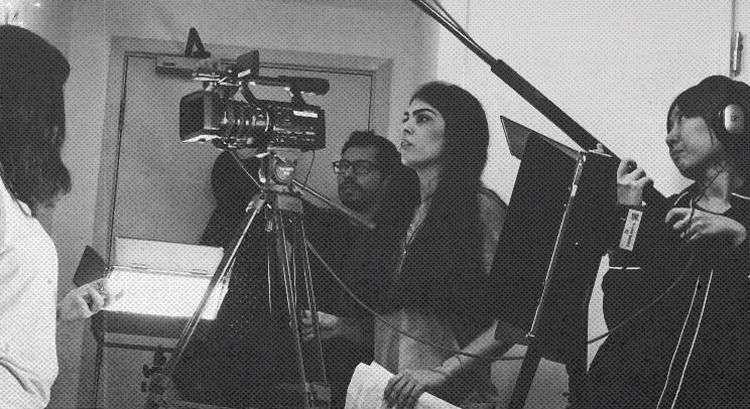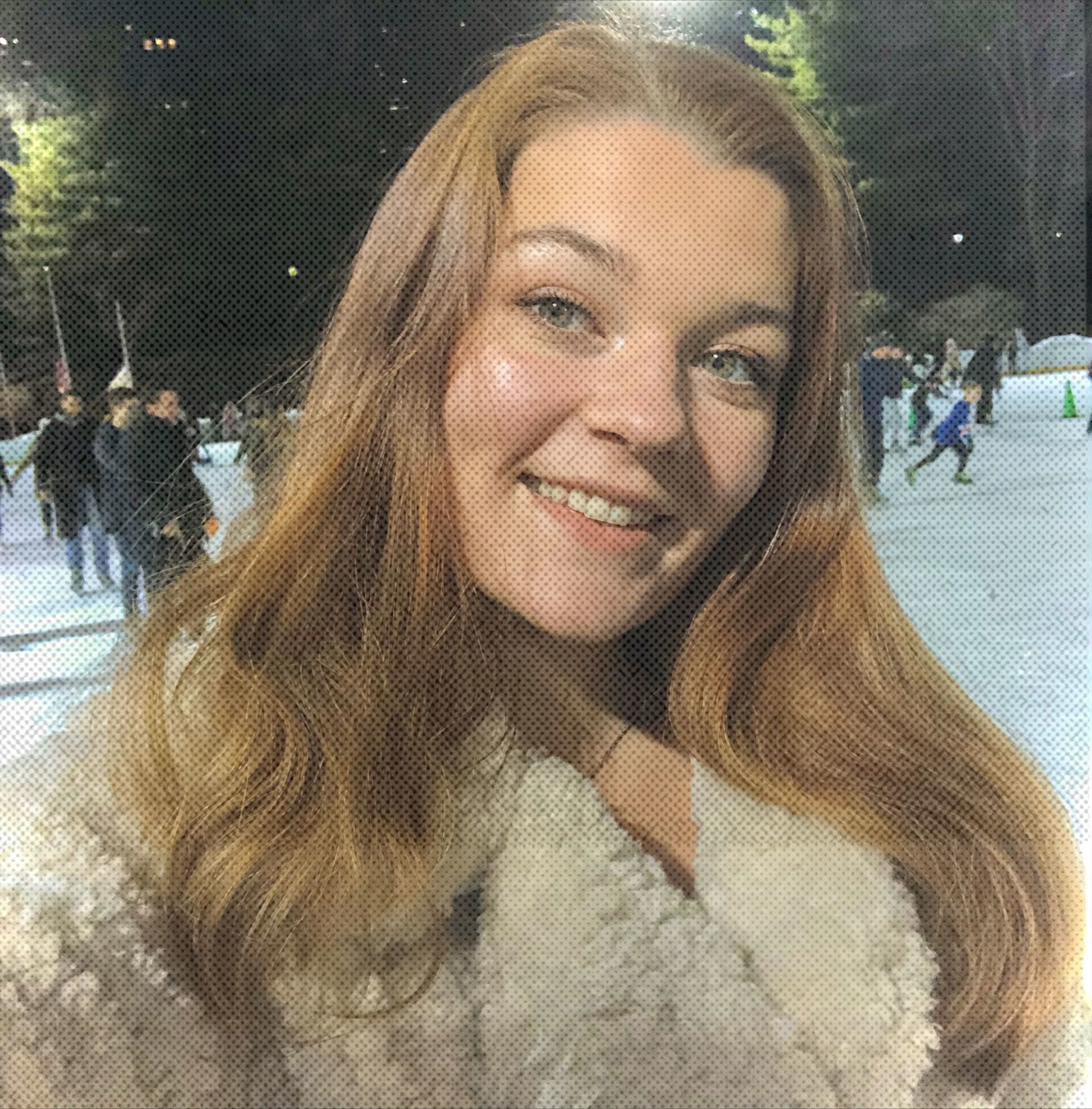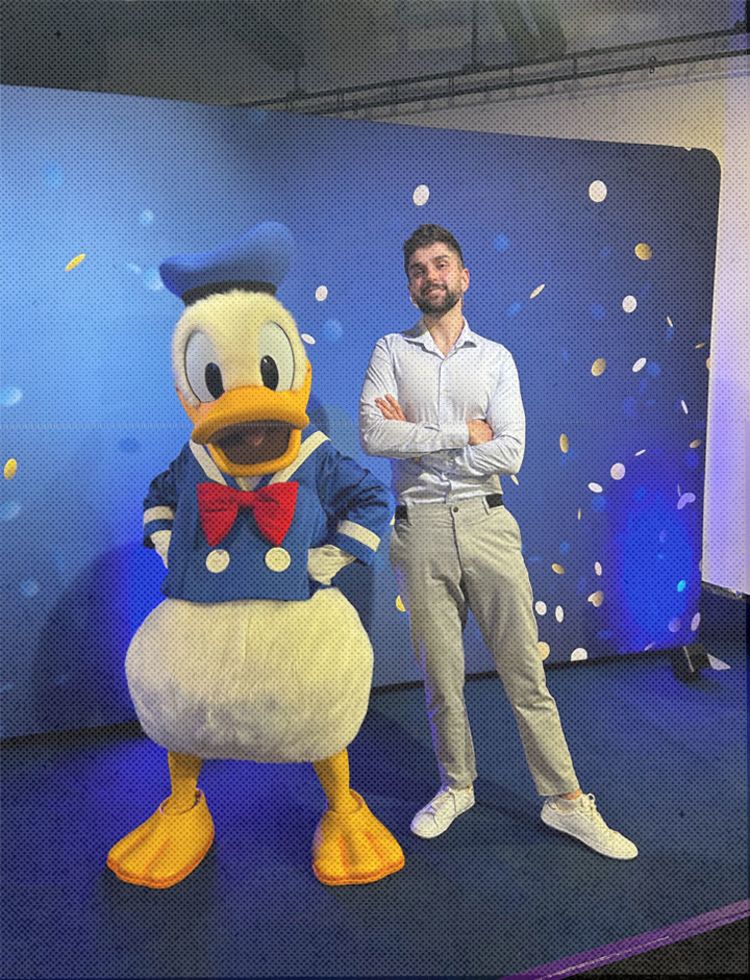Dr Liv Grant
Content creator, scientific podcaster and PhD Queen.

“My name is Liv, I’m a Bioinformatician with a passion for epigenetics – but I still find myself googling ‘what is a gene’ sometimes... Alongside my research, I’m a tech content creator and scientific podcaster. I did my BSc Biomedical Science at Essex and then got my PhD here too.
“When I began my PhD, I had no idea what I was doing. My first task was to write a literature review—something I had never even heard of. I didn’t have a Master’s degree, and unlike many of my peers, I didn’t have someone to guide me through the process. That’s when I realised there was a gap in content for aspiring PhD students. I started sharing my experiences on Instagram and TikTok (@agenomicsphd), which grew into a following of over 300k on Instagram and 290k on TikTok.
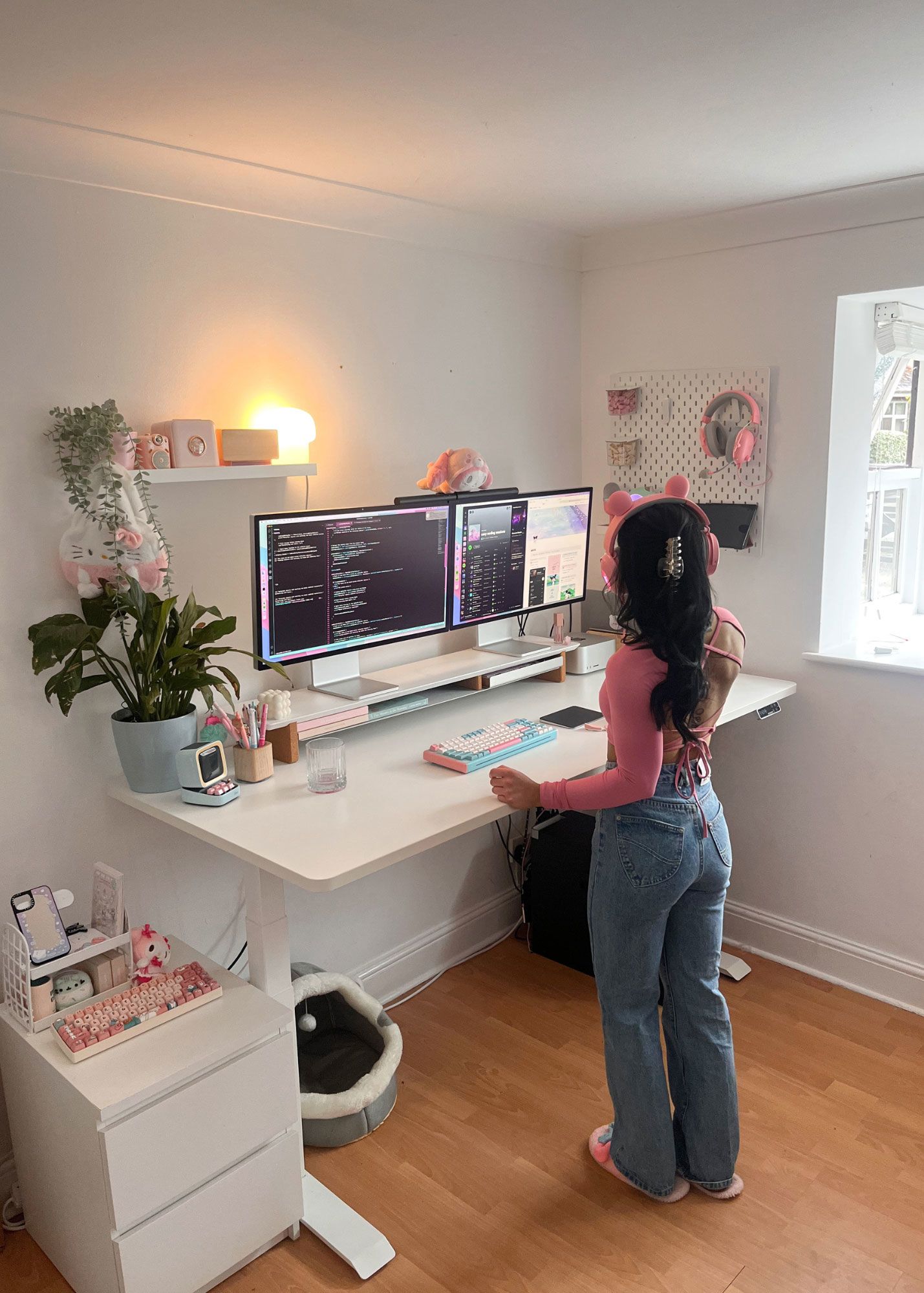
@agenomicsphd i 🫶 it really #tech #coding ♬ original sound - liv ⋆˚⊹ [tech]
“I’m also a scientific podcaster. I started podcasting because I wanted to make science more accessible and easier to digest. I’m very passionate about science communication and passionate about making science accessible and interesting. This year I started a new podcast, So Cultured, with 2 PhD students; one is a virologist and the other is a marine biologist. We connected on Instagram over our shared love for science and tech. Initially, our chats were just for fun, but we soon realised we could turn them into something bigger. Now, our podcast explores science in relatable and engaging ways. In our latest series, Exposed, we dive into sci-fi films to dissect what’s scientifically accurate and what’s pure fantasy. It’s all about blending education with entertainment, making science less intimidating and more fun for everyone.
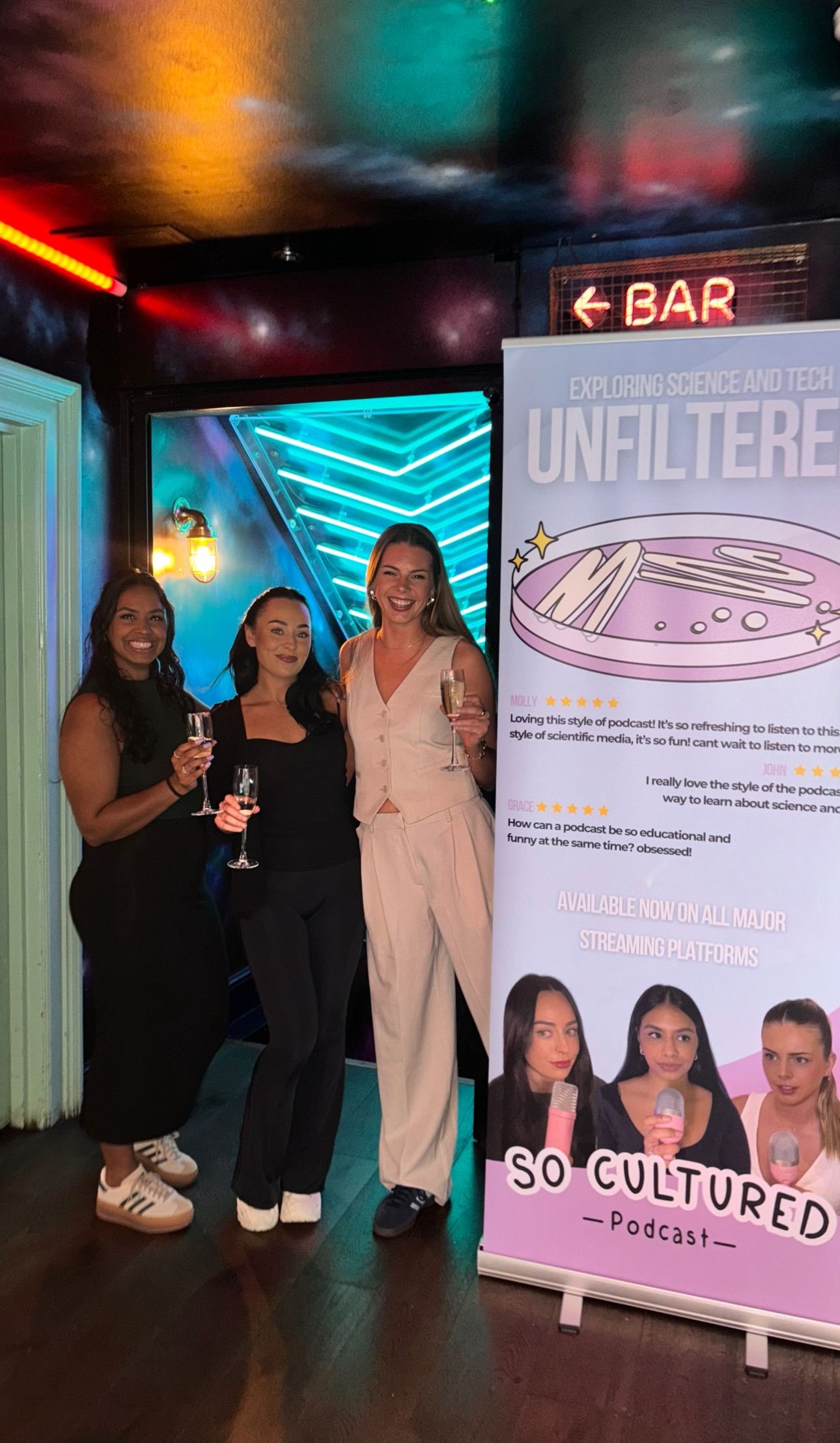
“Whilst I was at Essex I ran the Colchester Pint of Science events – it was so fun, I loved it. Pint of Science is an organisation set up by 2 PhD students at Imperial College London. They were just fed up of how bad scientists can be at explaining their research. So the whole idea is taking the science out of lecture halls and putting it in pubs to take down the barriers and make it fun. It’s specifically for the general public, not for academics.
“They run Pint of Science annually, lots of universities are involved. As the person running it for Colchester I’d get a group of students together who want to help run it, and with no money we’d go around pubs seeing who’ll take us for free. Then we’d find people to give the talks; academics who will be good at it and are willing to do it for free. We get the academics out of uni and into the pub. It was stressful but it was amazing seeing the events come together. Now two of the team who helped me run it, run it for Essex.
The Pint of Science Team at a Pint of Science event in Colchester
The Pint of Science Team at a Pint of Science event in Colchester
Dr Liv Grant (L) and Dr Ellie Watson (R) - the city coordinators of Pint of Science during Liv's time at Essex
Dr Liv Grant (L) and Dr Ellie Watson (R) - the city coordinators of Pint of Science during Liv's time at Essex
Liv speaking at a Pint of Science event
Liv speaking at a Pint of Science event
“My PhD thesis is, without a doubt, the biggest achievement of my life. If you told people who knew me years ago that I’d go on to earn a PhD, their reaction would probably be, ‘What? No way!’ PhD holders are often seen as academically driven and model students—neither of which described me growing up. I was the rebellious, mischievous kid who only found her footing in academia later in life. That’s why completing my PhD feels like such a BIG deal for me.
“My PhD was focused on Epigenetics – the study of chemical groups (or tags) that sit on top of your DNA and they influence how your cells read that DNA. My interest in epigenetics is personal. I’m an identical twin and growing up as an identical twin we were very aware of sharing DNA. We had a DNA test when we were kids and we share 99.99% of DNA. So as we were growing up there were certain differences, for example I’d get really bad eczema and she wouldn’t, so I’d wonder why do we have these differences? I asked my Biology teacher about it and he told me it’s because of epigenetics.
“As a Bioinformatician, people often ask me what that means. Bioinformatics sits at the intersection of computer science and biology. Thanks to technological advancements, we can now sequence DNA from thousands of people rapidly. However, this generates enormous amounts of data, which requires computational expertise to analyse. That’s where I come in—I leverage coding and computational power to make sense of it all.
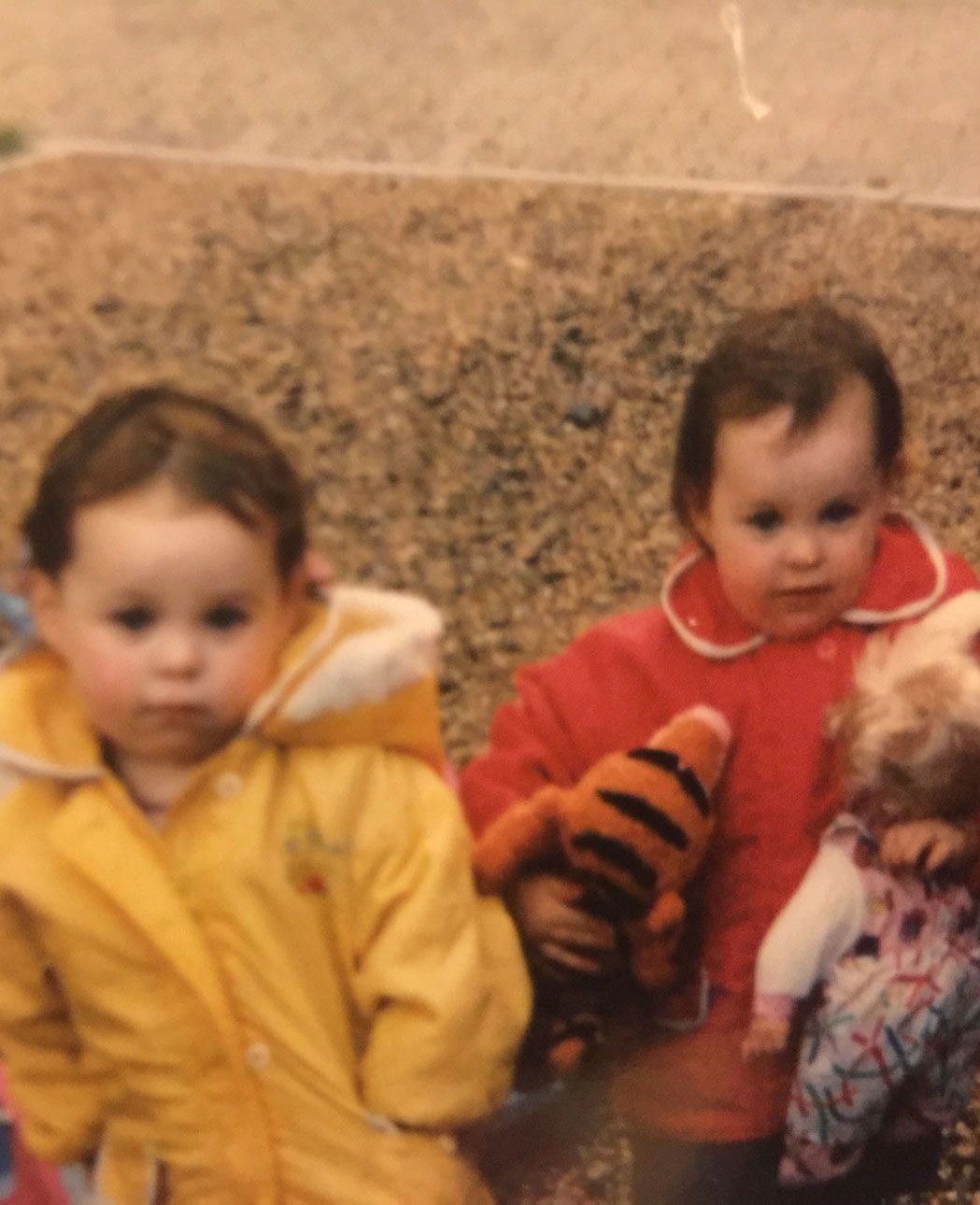

@agenomicsphd first day in the life in the new office !!📊🧬💅 #bioinformatics #coding #tech ♬ original sound - liv ⋆˚⊹ [tech]
“After completing my PhD at Essex, I joined King’s College London to study the epigenetics of Motor Neuron Disease (MND). My work focused on why some individuals develop MND despite lacking known genetic mutations, as well as exploring sex differences in the disease. For example, men are more likely to develop MND and tend to have shorter survival times than women. My research sought to uncover whether epigenetic tags might explain these differences. I’m now back at Essex, applying my expertise to Alzheimer’s research, where I study how epigenetics might contribute to the disease.
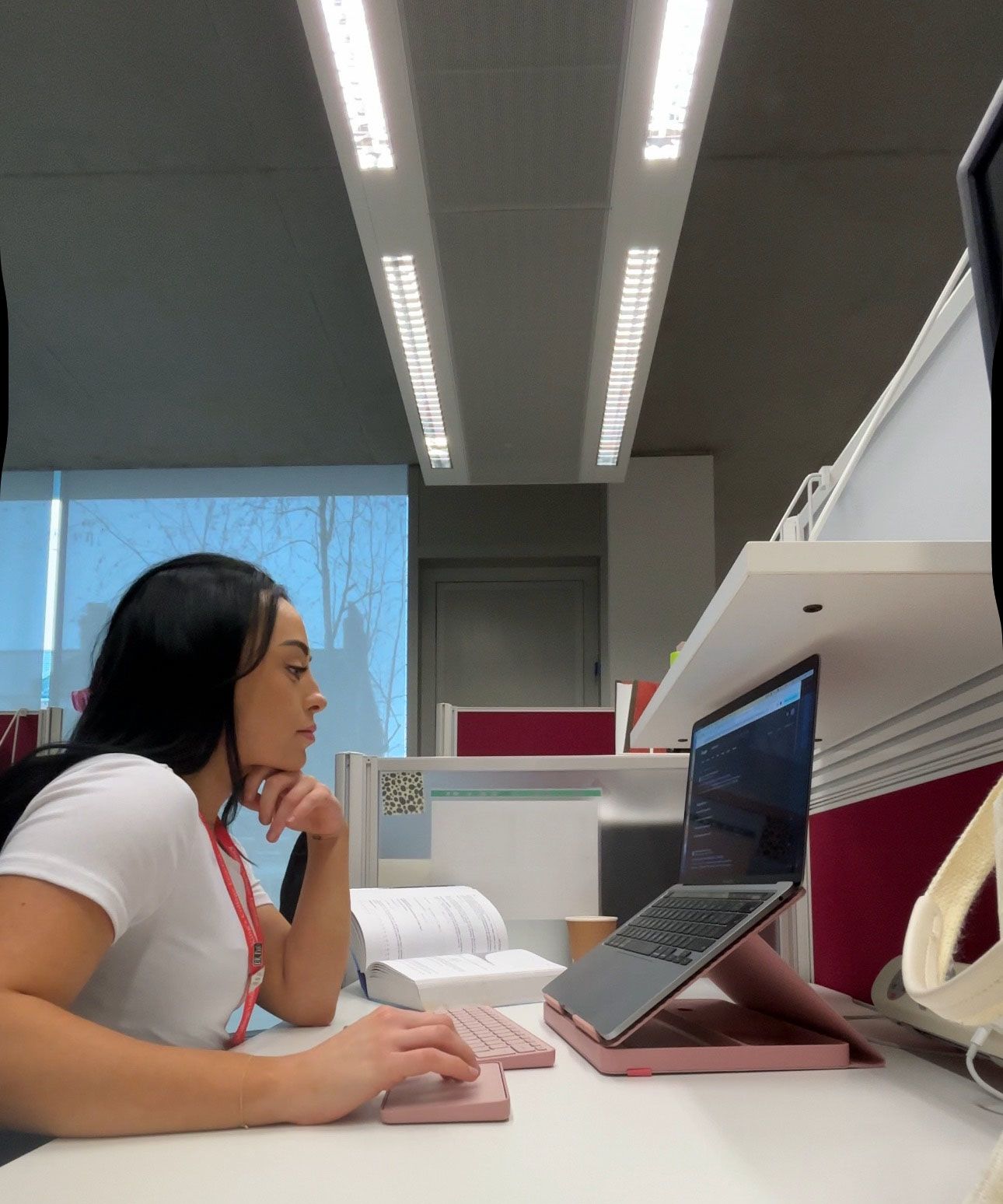
“Nobody in my family had been to uni before then my older brother, twin sister and I all came to Essex at the same time. My parents were always really encouraging for us to go, I think because they didn’t. I am a true believer that I can do anything I want to. Not because I’m superhuman or I’m clever, just because I really believe if you really want to do something you can do it.”
Dr Liv Grant at her Essex PhD graduation
Dr Liv Grant at her Essex PhD graduation
Ela's story
"My ultimate goal is to create impactful documentaries that highlight social issues and inspire change. I think documentary film is a very powerful tool and I want to be able to tell those stories."
Leia's story
"When we think of trauma we often think of worst case scenarios but it can be more everyday than that. We subconsciously store trauma and it influences how we respond to things. Psychoanalysis helps untangle this"
Michael's story
"Now in my third year, I’m currently on placement as a Global HR Intern at Disney in London."
